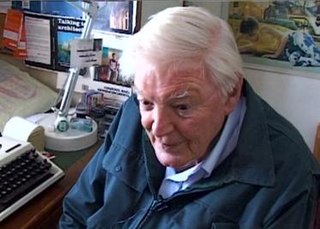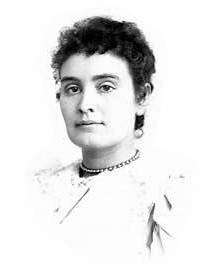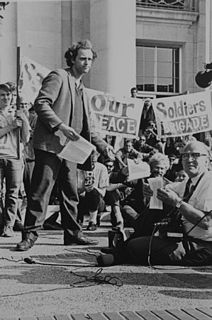A Quote by Antony Beevor
It is important to understand the continuing, confused fascination with the Second World War. For most of us, the great unspoken question is how would we have behaved in the face of danger and when forced to make major moral choices.
Related Quotes
People who achieve great things are people who make choices. Far too many people today let life dictate their future instead of the other way around. Choices are hard - that's why so few actually make them. But as the saying goes - not to make a choice is to make a choice. When it comes to choices, The question is - what choices will you make today? The world doesn't care about your problems, or what's holding you back. They don't care about your past failures, or any other obstacles you face. Stop making excuses and start making choices.
I think Canadians have always been interested in the choices Americans make because the choices you make inevitably impact upon us... and how we make sure that we get that balance right between continuing to have a good relationship and standing for the things we believe in is what we expect of ourselves.
I realized how for all of us who came of age in the late sixties and early seventies the war was a defining experience. You went o r you didn't, but the fact of it and the decisions it forced us to make marked us for the rest of our lives, just as the depression and World War II had marked my parents.
People do make considered choices about whether they want to fight, and how, and they do so from disparate circumstances. But I think there are two important frameworks in which those choices get made. One, their degree of immiseration. The greatest predictor of who will engage in criminal activity is poverty, which tells us that the decisions people make about how unlawful they're willing to be are decisively based in their own experience of immiseration. The second framework is that when people choose to act, they inevitably act where they are.
How we shall earn our bread is a grave question; yet it is a sweet and inviting question. Let us not shirk it, as is usually done.It is the most important and practical question which is put to man. Let us not answer it hastily. Let us not be content to get our bread in some gross, careless, and hasty manner. Some men go a-hunting, some a-fishing, some a-gaming, some to war; but none have so pleasant a time as they who in earnest seek to earn their bread.
It would seem that it was not in the interest of 'someone' for us to make progress. It was in 'someone's' interest that we be always at war, that we tear each other to pieces. Yes, I'm inclined to absolve the Pakistanis. How should they have behaved? Someone encouraged them to attack us, someone gave them weapons to attack us. And they attacked us.
The absence of a focal enemy, which is what the Cold War had provided; the complexity of the developments that are occurring that mean that the world is just extremely complicated - lots of different and competing stories and strands; the continuing reality of megaterrorism; and the dysfunctionality of our politics that has neglected the foundations of the U.S. role in the world; have altogether left us somewhat confused.
... there was the first Balkan war and the second Balkan war and then there was the first world war. It is extraordinary how having done a thing once you have to do it again, there is the pleasure of coincidence and there is the pleasure of repetition, and so there is the second world war, and in between there was the Abyssinian war and the Spanish civil war.
The 'futures' and 'careers' for which American students now prepare are for the most part intellectual and moral wastelands. This chrome-plated consumers' paradise would have us grow up to be well-behaved children. But an important minority of men and women coming to the front today have shown they will die rather than be standardized, replaceable, and irrelevant.
I think what I've tried to do is make the world a better place. I think that's what's really important. Nobody remembers who sold the most togas in Rome. In terms of legacy, people remember the great villains more than they remember the great heroes. So I think how you feel about yourself is the most significant question. What do you say about yourself when you put your head on the pillow? Are you really proud of what you're doing and the way you're doing it? I think it's really a fundamental question.
Sexuality is important, but it's certainly not the most interesting or important thing happening to you right now. We live in a world that tells us that there are only two important things. One is the acquisition of goods and the other is either the acquisition or avoidance of sex, but it turns out that the question of who's a virgin and who's a virgout is not the most interesting question.








































